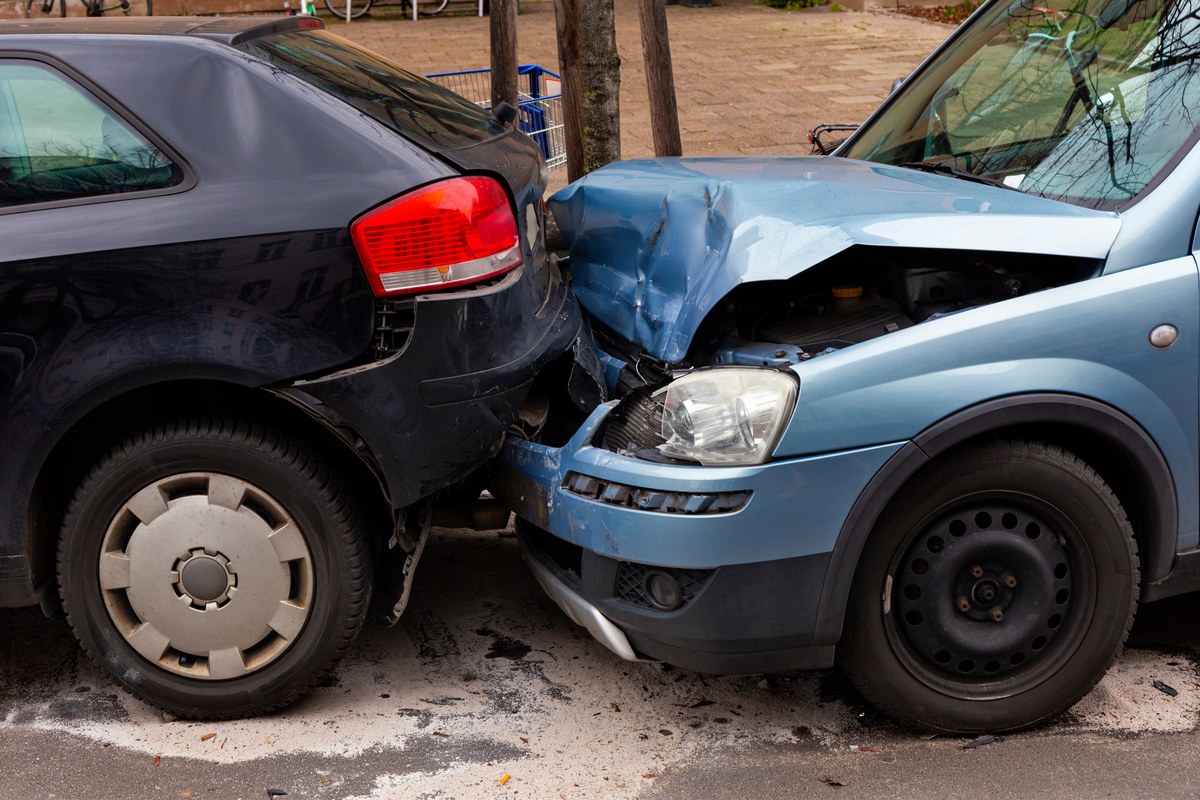
One of the most common types of car accidents in West Virginia is the rear-end collision. In this type of accident, the front of one car collides with the rear of another. A rear-end collision can cause a variety of injuries. If a rear-end crash involves a large truck, the truck may roll over the top of the smaller vehicle and cause even more severe injuries. The following are some of the most common injuries related to rear-end car accidents.
Whiplash is a type of neck injury that specifically refers to soft-tissue damage from the head and neck whipping rapidly backward, forward or sideways. This type of injury is especially common in a rear-end collision, as the crash will propel the vehicle (and driver) suddenly forward and backward. This motion can stretch or tear the soft tissues in the neck, including the tendons, ligaments or muscles. Whiplash can cause symptoms such as neck pain, headaches, weakness or numbness in the arms, stiffness or immobility, and blurred vision.
The back can be injured relatively easily in a car accident. The back is composed of sensitive components, such as the spinal column, bundles of nerves, spinal disks and vertebrae. Any type of trauma that causes injury to the spine, such as blunt-force trauma or a whipping back-and-forth motion, can lead to serious and damaging back injuries. Common back injuries in rear-end collisions are:
The symptoms of a back injury, such as pain, numbness or tingling, may appear immediately after the car accident or take hours to become noticeable. The symptoms that you notice will depend on the type and location of the injury. Many back injuries have long-lasting or even permanent effects, such as chronic pain and paralysis.
If the head strikes an object inside of the vehicle in a rear-end collision, such as the steering wheel or windshield, the impact can cause skull fractures, bruising or contusions, a concussion, or a severe traumatic brain injury. Head and brain injuries can cause symptoms such as headaches, nausea, dizziness, confusion, cognitive troubles, problems communicating, lack of concentration, motor function disorders and trouble sleeping. In some cases, these symptoms can be permanent for a victim.
If a rear-end collision causes the victim’s body to crash into objects inside of the vehicle, including other passengers, the victim’s bones may be unable to bear the force of the impact. When too much pressure is placed on a bone, it can crack or break. Common locations for broken bones in a rear-end collision are the hands, arms, legs, chest and ribs. Even the force of an airbag or seat belt could be enough to cause broken bones in a rear-end collision. Broken bones can cause pain, immobility and long-term disability.
The physical and psychological injuries suffered in a rear-end car accident can have a lasting impact on you and your life. If another driver caused your rear-end collision, his or her insurance company may be responsible for paying for your medical bills, lost wages and other losses associated with the wreck. While no amount of money can take back what happened to you, a settlement or verdict could allow you to pay your bills and move forward.
If you or a loved one suffered any type of injury in a rear-end collision, contact a West Virginia car accident attorney at Manchin Injury Law Group for a free consultation. You may be entitled to compensation for the financial, physical and emotional effects of your injuries. Discuss how we can help you with a case during a free consultation.

Attorney Timothy Manchin established the Manchin Injury Law Group in 2011 after his law partner of more than 25 years became a West Virginia circuit court judge. His focus is on helping individual clients and entire families victimized by negligent acts.
We offer a free initial consultation at our office in the Manchin Professional Building — our home since 1983 — conveniently located in Fairmont.
If you are unable to visit our firm, we can come to your home or hospital room.
Fill out the form below to get in touch!